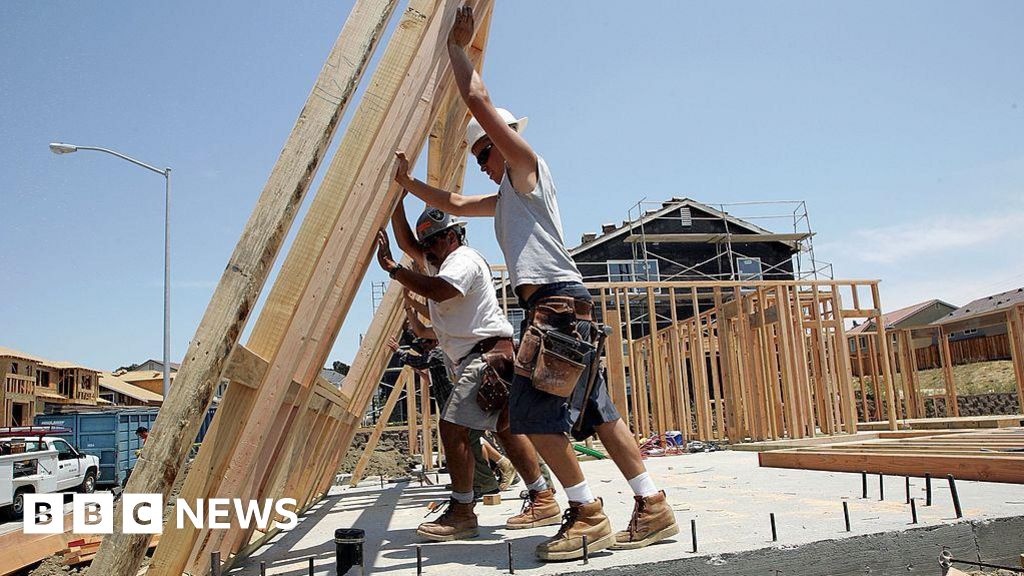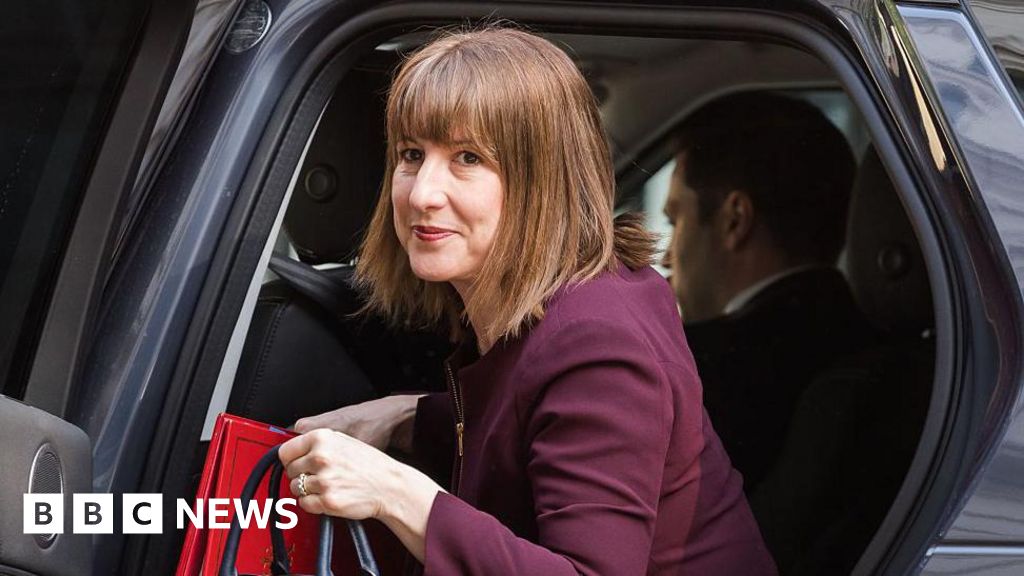Unlock the Editor’s Digest for free
Roula Khalaf, Editor of the FT, selects her favourite stories in this weekly newsletter.
UK consumer confidence rose to the highest level in more than two years in May, according to data by the research company GfK, providing welcome news to the Conservative party as it counts down to the summer election.
Continuing its recovery from last year, the consumer confidence index — a measure of how people view their personal finances and broader economic prospects — rose two points to minus 17 in May, GfK said on Friday.
The figure was marginally higher than the minus 18 forecast by economists polled by Reuters and was the highest reading since January 2022.
However, the data also reflected that the cost of living crisis and elevated borrowing costs of the past two years are still weighing on consumer sentiment, with the index still deeply negative and below its 2014-2019 average of minus 5.3.
“Consumers are clearly sensing that conditions are improving” after a long period of stasis, when confidence has been “stuck in the doldrums”, said Joe Staton, GfK client strategy director.
He attributed improving consumer confidence to falling inflation, which dropped to 2.3 per cent in April from its 42-year peak in October 2022, and the prospects of interest rate cuts later this year.
The data will be well-received by Prime Minister Rishi Sunak, whose Conservative party is trailing Labour by 21 points in opinion polls. This week, Sunak announced the general election would take place on July 4.
But analysts noted that many households are still grappling with high costs. “Gradually increasing confidence levels are yet to translate into a notable uplift in discretionary spending,” said Linda Ellett, UK head of consumer, retail and leisure at the consultancy KPMG.
The UK economy returned to growth in the first three months of the year, rising at the fastest pace since 2021, but there are signs that growth might have slowed in the second quarter.
Separate data published on Thursday by S&P Global with Cips showed that the flash UK composite output index, a measure of the health of the economy, dropped to 52.8 in May, down from 54.1 in April. The reading was lower than the 54 forecast by economists polled by Reuters.
“GDP growth will not repeat Q1’s bumper increase,” said Andrew Wishart, economist at Capital Economics, responding to the figures.
The GfK findings, based on interviews carried out in the first half of May, showed the outlook of consumers was brighter on both the economy and their personal finances over the coming year.
However, the index tracking consumers’ appetite for major purchases, was down one point to minus 26, reflecting that “the cost of living crisis is still a day-to-day reality for all of us”, according to Staton.
Credit: Source link










